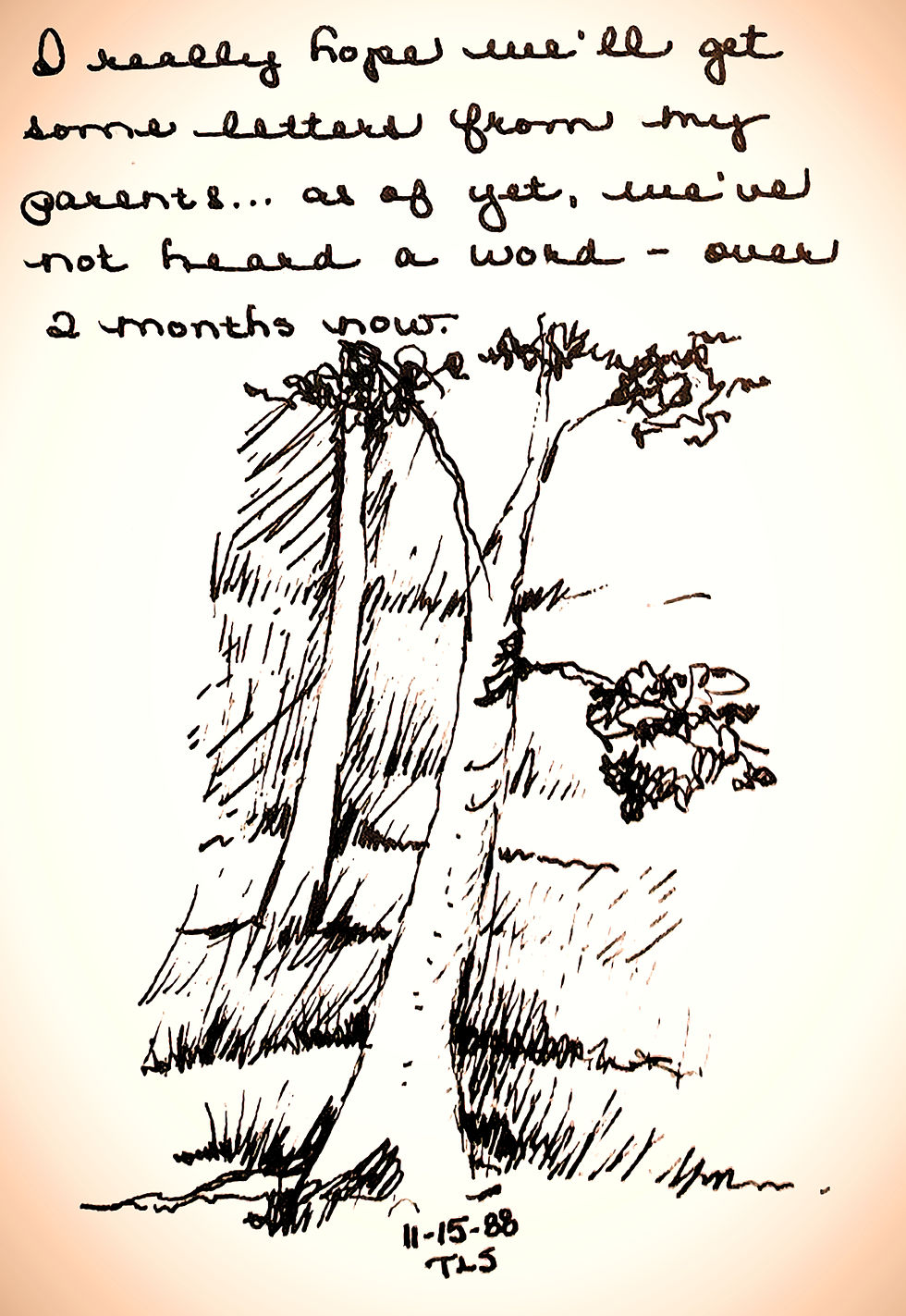A Rare Beauty
- Dr. Eric Stricker

- Dec 15, 2023
- 2 min read

December 15, 2023
Today we read Proverbs 30:11-23, which contains thirteen verses about different kinds of scoundrels and the behaviors that characterize them. Nothing could more clearly identify the kind of conduct that God disapproves. Consider these examples: “those who curse (and mock) their fathers and do not bless (and even scorn) their mothers; those whose teeth are like swords and knives to devour the poor; adulterers; godless fools; and contemptible women” (verses 11-23). Today, our culture has become completely saturated with these self-destructive infections. They adversely affect our world like the COVID-19 virus attacking a human body. The writer states that, under such negative influences, the “earth trembles and cannot bear up” (verse 21). In destroying our culture by our sins, we are destroying ourselves.
Revelation 5 presents a scene that is initially sad, but it transitions into unspeakable joy before our eyes. John sees a seven-sealed scroll - probably the title deed to the earth - which no one is qualified or capable to open - causing John to weep inconsolably. But “the Lion of Judah has triumphed and is both worthy and able to open it. At this prospect, all of heaven rings out in joyous worship because this event represents the beginning of the culmination and restoration of all things - when Satan and sin will find their ultimate death and destruction, and when peace and rest will finally come (cf., Acts 3:20-21).
In Esther 9-10, we come now to the end of this excellent book. What a wonderful account that describes the unnamed God and His providential care for His people. We have seen how He works sovereignly behind the scenes of their ordinary, everyday decisions to achieve His purposes and according to His plans. Clearly, God created Esther to be physically attractive and beautiful for His purposes in this story and “for such a time as this” (4:14). However, in Esther - an otherwise insignificant exile among the many captive Jewish girls - God finds someone rare. Esther’s true beauty rests in a heart like that of His Son. Esther was prepared to sacrifice herself - yes, even to die - for the salvation of her people. Such sacrifice clearly portrays our Lord Jesus Christ, Who did die for us all. Chapters 9-10 reveal the celebrations and blessings that follow from Esther’s humble attitudes and her subsequent, bold actions. “These days should be remembered and observed in every generation and by every family” (9:28). The entire book of Esther conclusively shows us God’s majesty, His concern for beauty, His ability to include us in His work, His final triumph over evil, and the glorious future that He has marked out for those of us who love Him (cf., 1 Corinthians 2:9). Truly, our God alone is worthy of our praise and our worship!




Comments